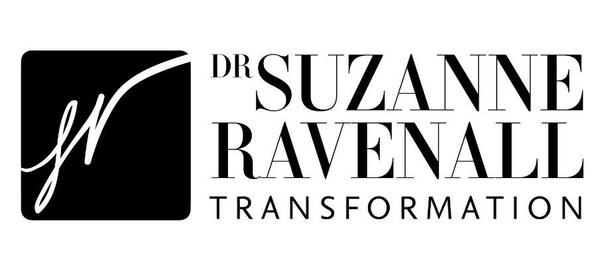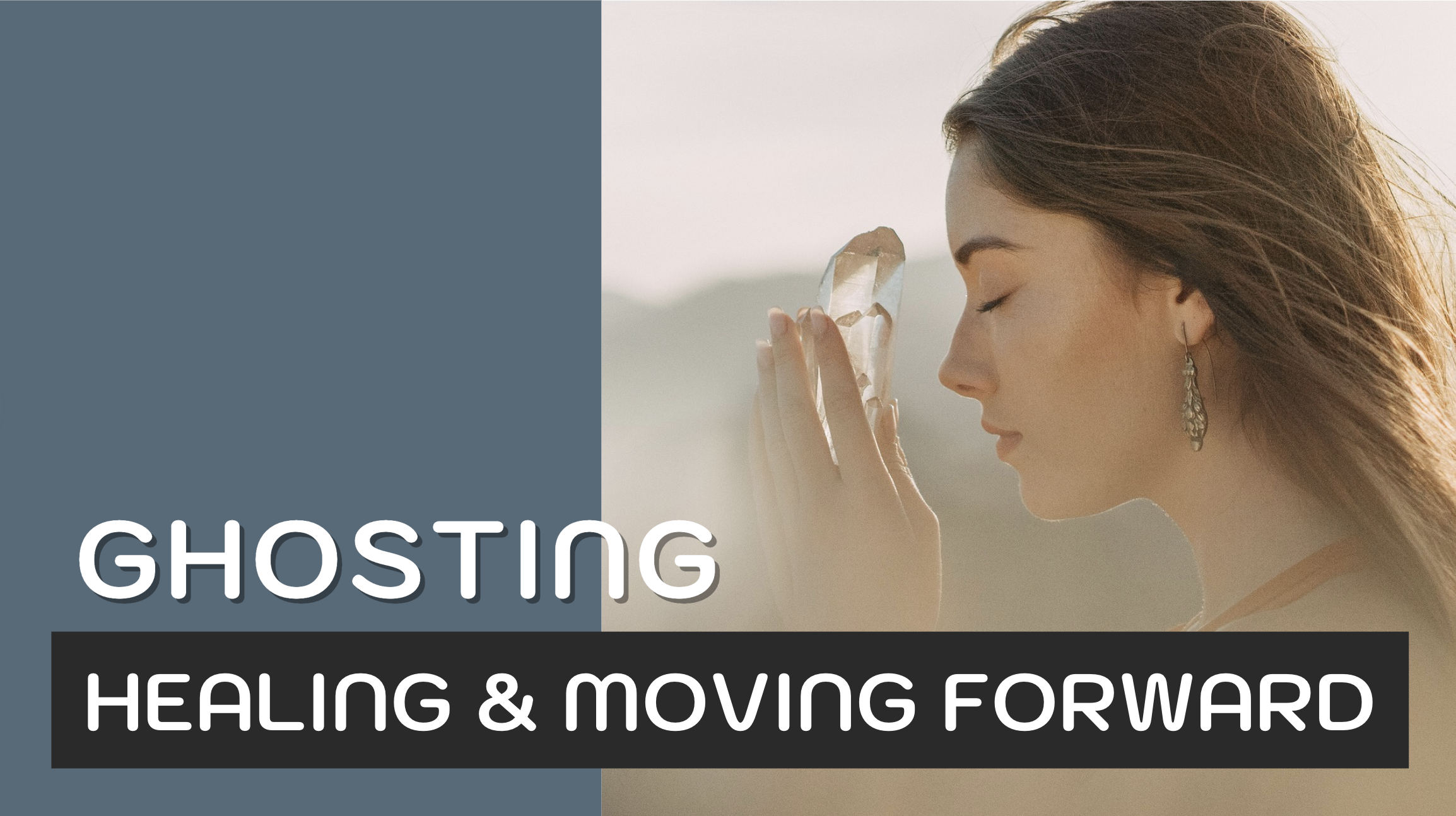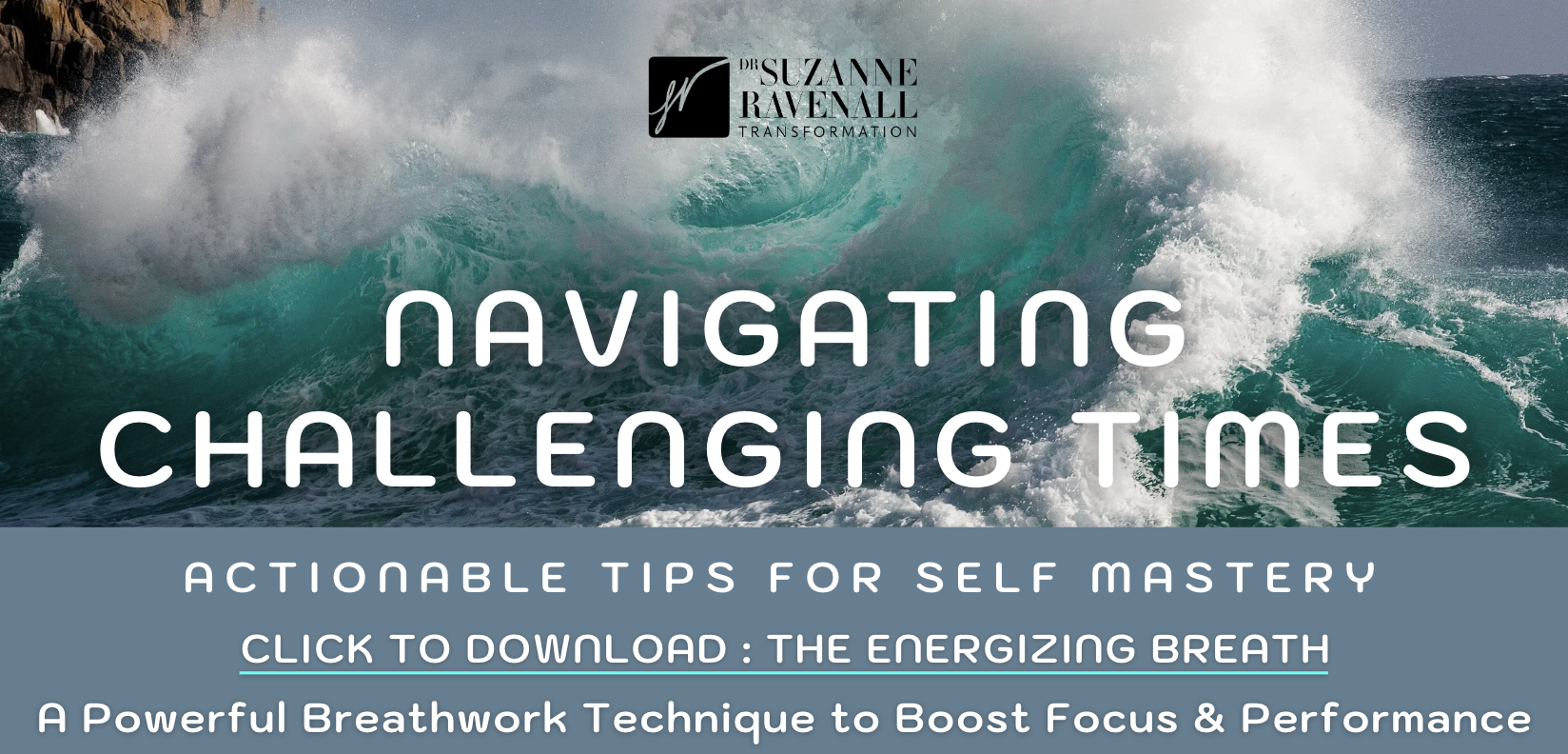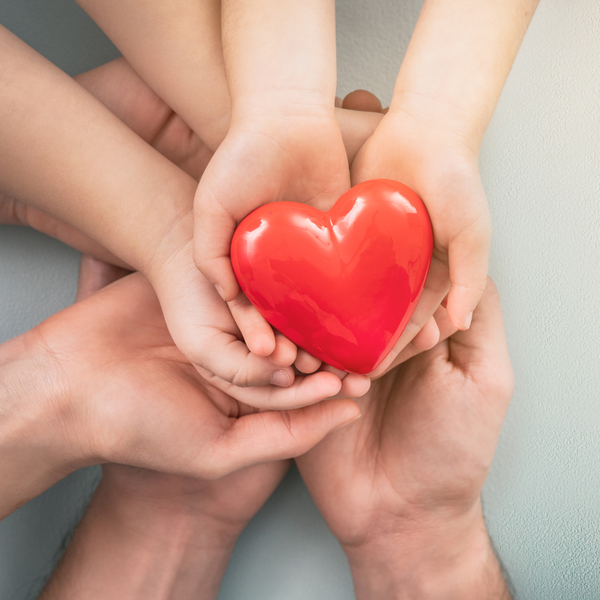

When People Disappear : Navigating Ghosting,
Friendship Breakups, and the Power of Letting Go
A young woman was sharing with her friend about someone she had been dating. “He said all the right things,” she said. “He told me he was really into me. I was head over heels... and then, one day, he just disappeared.”
No explanation. No warning. One day he was fully present, the next—gone. It left her confused and hurt. And unfortunately, her story isn’t uncommon.
Ghosting: The Silent Exit
There are countless reasons someone might suddenly vanish:
- They may have chosen to commit to someone else.
- They may have lost interest and didn’t know how to say it.
- Something may have triggered doubt or fear about a future together.
- Or life may have gotten so overwhelming, they shut down emotionally.
But all of these reasons share one root: avoidance.
When someone lacks the emotional tools to handle tough conversations or sit with discomfort, it’s easier for them to ghost. It becomes their way of saying, “I just can’t deal with this,” without having to actually say anything at all.
Ghosting is deeply painful because it activates our core human need for connection. When someone simply disappears, it touches our wounds around worthiness and safety—and can send our nervous system into a state of fight or flight.
But here’s the truth: emotionally mature people face discomfort with courage. They don’t run. They communicate, even when it’s hard. And if someone ghosts you? You didn’t deserve it. It’s not a reflection of your worth, but of their avoidance. And no relationship built on avoidance can sustain real intimacy.
The Friendship Breakup Nobody Talks About
While romantic ghosting gets talked about often, the quiet end of a friendship can be just as painful—and even more confusing. Unlike relationships, friendships don’t come with rituals around their beginnings and endings. So when a friend disappears or a friendship slowly fades, we’re often left with unspoken grief and lingering questions.
Scenario 1: The Sudden Disappearance
You’ve been close with someone for years. Then one day, they block you or vaguely say they can’t be friends anymore. You’re blindsided and desperate to understand why.
- What’s likely happening: Your friend may be conflict-avoidant. Rather than express jealousy, resentment, or hurt, they silently pull away. It’s not that they stopped caring—it’s that they never learned how to face discomfort.
- What you can do: Acknowledge your grief. This hurts, and you’re allowed to feel it. Ask yourself: “Would I want to stay close to someone who handles challenges this way?” Closure might never come, but peace will—once you let go.
Scenario 2: Growing Apart
You’ve grown, but your friendship hasn’t. Time together feels strained, you hold back sharing your wins, and conversations revolve around the past.
- What’s likely happening: You’re no longer aligned. People evolve. Priorities shift.
- What you can do: Initiate a heart-to-heart. You might propose trying new activities together, or set boundaries that create more positive interactions. Sometimes, a friendship can adapt. Other times, it may be time to lovingly step away.
Scenario 3: An Unbalanced Dynamic
The friendship feels one-sided. You’re always the listener, the supporter—but when it’s your turn to share, the spotlight quickly shifts back to them.
- What’s likely happening: The relationship has drifted into imbalance. It’s not malicious—it’s just unspoken. But like a garden, friendships need tending and honest dialogue.
- What you can do: Communicate clearly: “I value our friendship and want to be there for you. But I’ve noticed our conversations tend to focus mostly on your world. I’d love the space to share more about what’s going on for me, too.”
Learning to Let Go
Not all friendships are meant to last forever. Some teach us lessons. Some support us for a season. Some change shape—and some dissolve entirely. You’ll know when a friendship is no longer serving you. Your body will tell you. If you feel anxious before seeing them, guarded about what you share, or emotionally drained afterwards—trust that.
Letting go is not a failure. It’s an act of self-respect.
After a friendship ends, it’s normal to question yourself. You might replay conversations or wonder what went wrong. But remember this: friendship losses are a part of life’s natural rhythm. And as space opens, new people will enter—those who match your energy, value your presence, and offer the mutual respect and nourishment you deserve.
In Closing
Whether it’s a partner who ghosts or a friend who fades, the pain is real. But your healing is real, too. You are worthy of relationships rooted in honesty, reciprocity, and emotional presence.
The ones who stay—the ones who grow with you—those are your people. Let go of those who can’t meet you there, and make room for those who can.
You’re not alone. And the right connections are already finding their way to you.


“You are a master of your energy, a sovereign being who is consciously creating your reality. There’s no need to resist or fear the challenges that come your way—they are simply opportunities for greater growth and mastery.”
- Dr. Suzanne Ravenall
More about Dr. Suzanne Ravenall B.Msc. M.Msc. Msc.D.
Suzanne works within the field of human potential and is a transformation coach, integrative medicine practitioner, and human performance changemaker. Following great trauma herself, she has dedicated her life to helping people tap into their innate potential to overcome their challenges and step into their power and realize their inner "enoughness".
I offer private and group sessions, along with live and self-study training programmes. These are designed to help you create profound changes in your life and positively impact those around you. I’ll guide you in unlocking your most extraordinary self, empowering you to become an unstoppable force.











